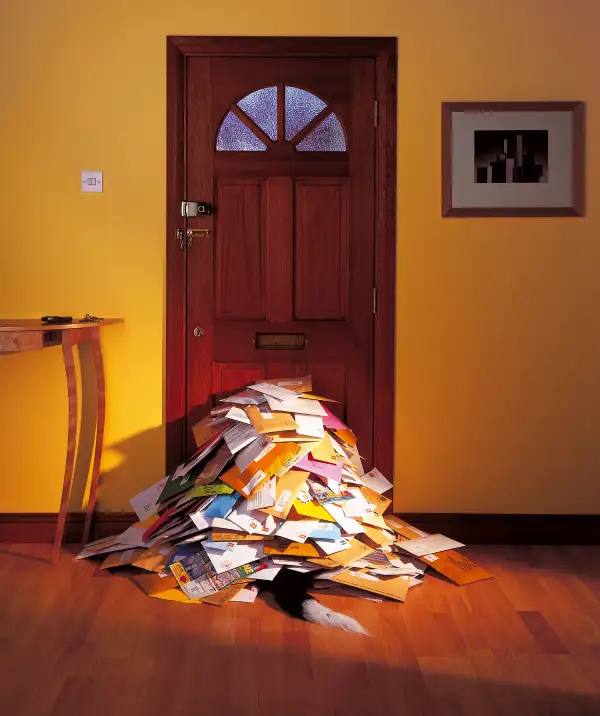Why Junk Mail Will Never Die

Mail-order catalogs seem antiquated and useless in today's world. Yet every year 5.6 million tons of catalogs and marketing-junk mail end up in landfills—an amount that ends up costing Americans $370 million because only 22% of junk mail gets recycled, according NYU Law.
Putting this into perspective, NYU says this is the equivalent of 100 million trees being consumed by the industry per year. It's like cutting down the trees in three entire Rocky Mountain National Parks.
All this sounds very, very irresponsible and bad, given the irrelevance of junk mail. The Internet has drastically reduced the number of letters we send, and e-commerce has superseded mail-order catalogs. Today, the typical person who receives a mail-order catalog or other junk mail throws it directly into the circular file and out to the curb.
But according to sources consulted by Marketplace, none of this matters because it's all part of the plan. Paul Miller, vice president of the American Catalog Mailer's association, explained that a person retrieving their mail can't just throw away all of it away sight unseen. "You have to look at your mail every day...[the recipients] have to thumb through it," he said.
Therefore, the marketing material is basically inescapable for a consumer, and it's extremely valuable for these companies. Junk mail may tax the country's waste management budget and natural resources, but it is apparently very cost-effective to the companies using mail-order catalogs. According to Miller, success is easy with this volume-based approach. "If you can get two orders from every a hundred catalogs you mail, you’re doing quite well. Sounds crazy, right? But that’s a solid response,” he told Marketplace.
This advertising philosophy seems to be in line with promoting broad brand exposure, rather than directly influencing sales, much like Super Bowl commercials and paid Instagram posts to "influencers." The vast majority of people who end up buying something based on stumbling through an unsolicited catalog will probably buy online, not fill out the form and put the mailbox flag up. But if some teeny-tiny portion of people receiving catalogs winds up placing orders with the company by any means, it's considered a big win for the sales team.
There are ways to fight back and slow the tide of junk mail, if not stop it altogether, however. Ask your local post office to opt you out of neighborhood campaigns, put your information into the Opt Out Pre-Screen to stop credit card offers, and follow the Attorney General's suggestions, which include signing up at DMAChoice.org.